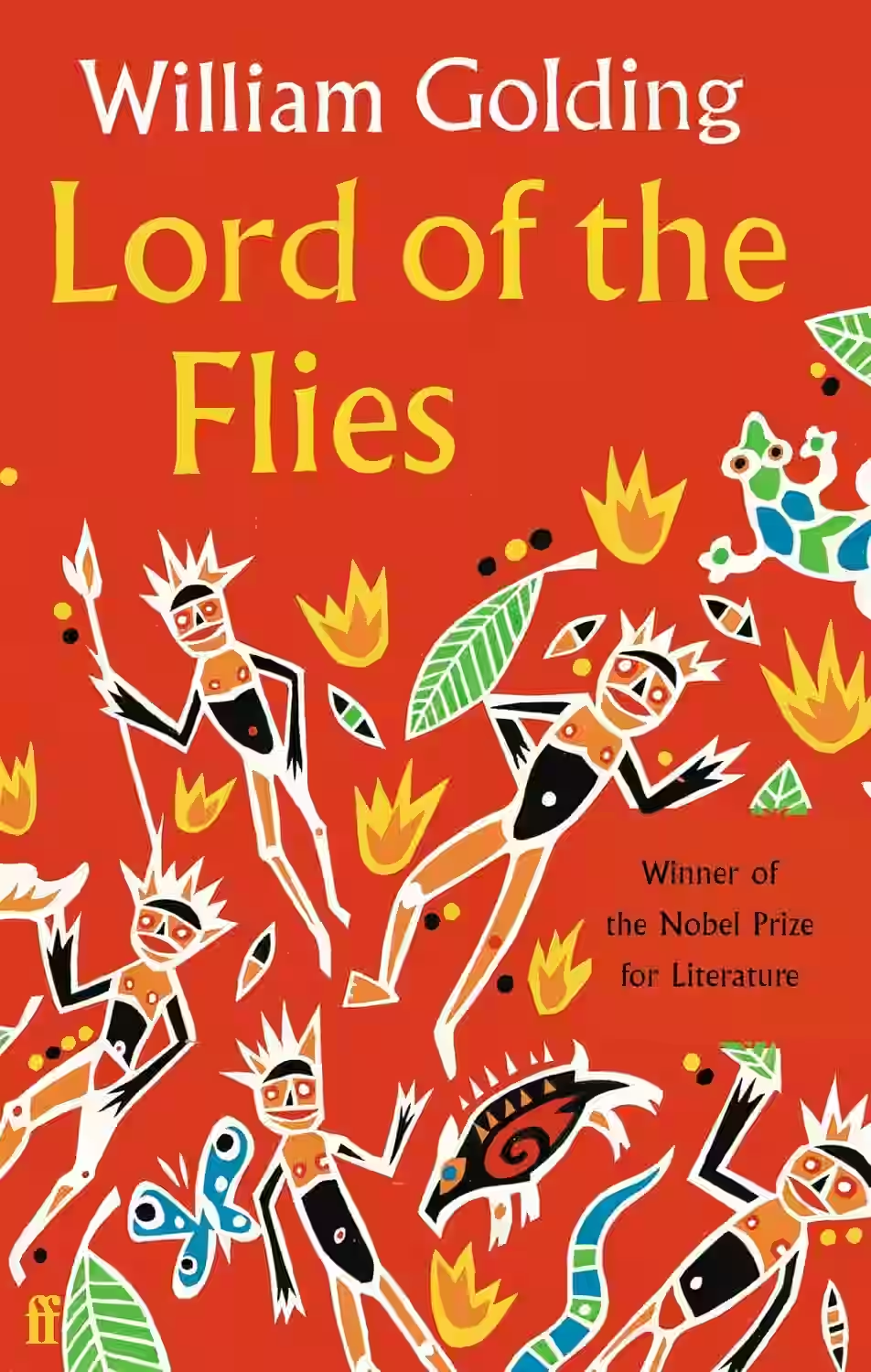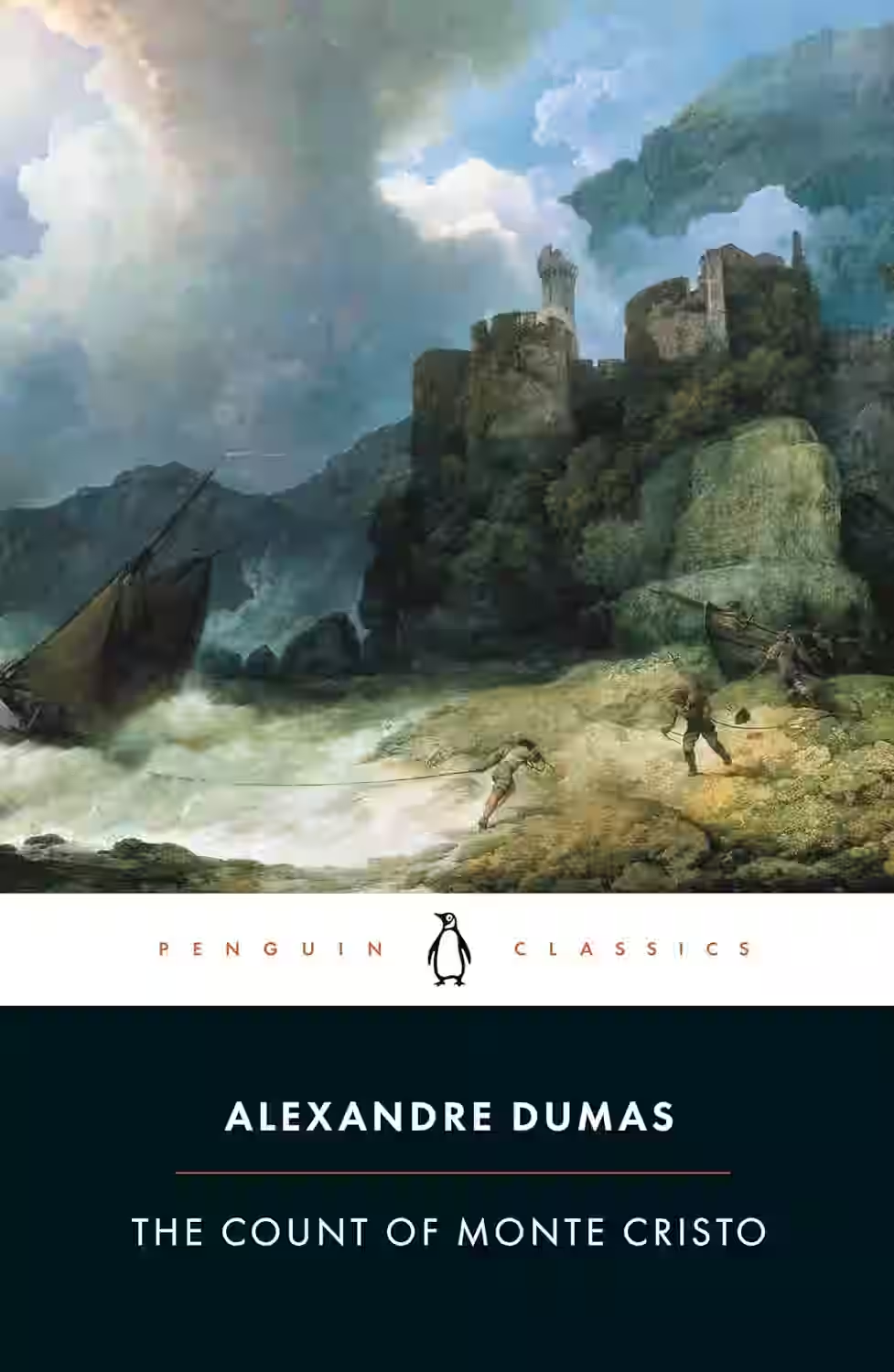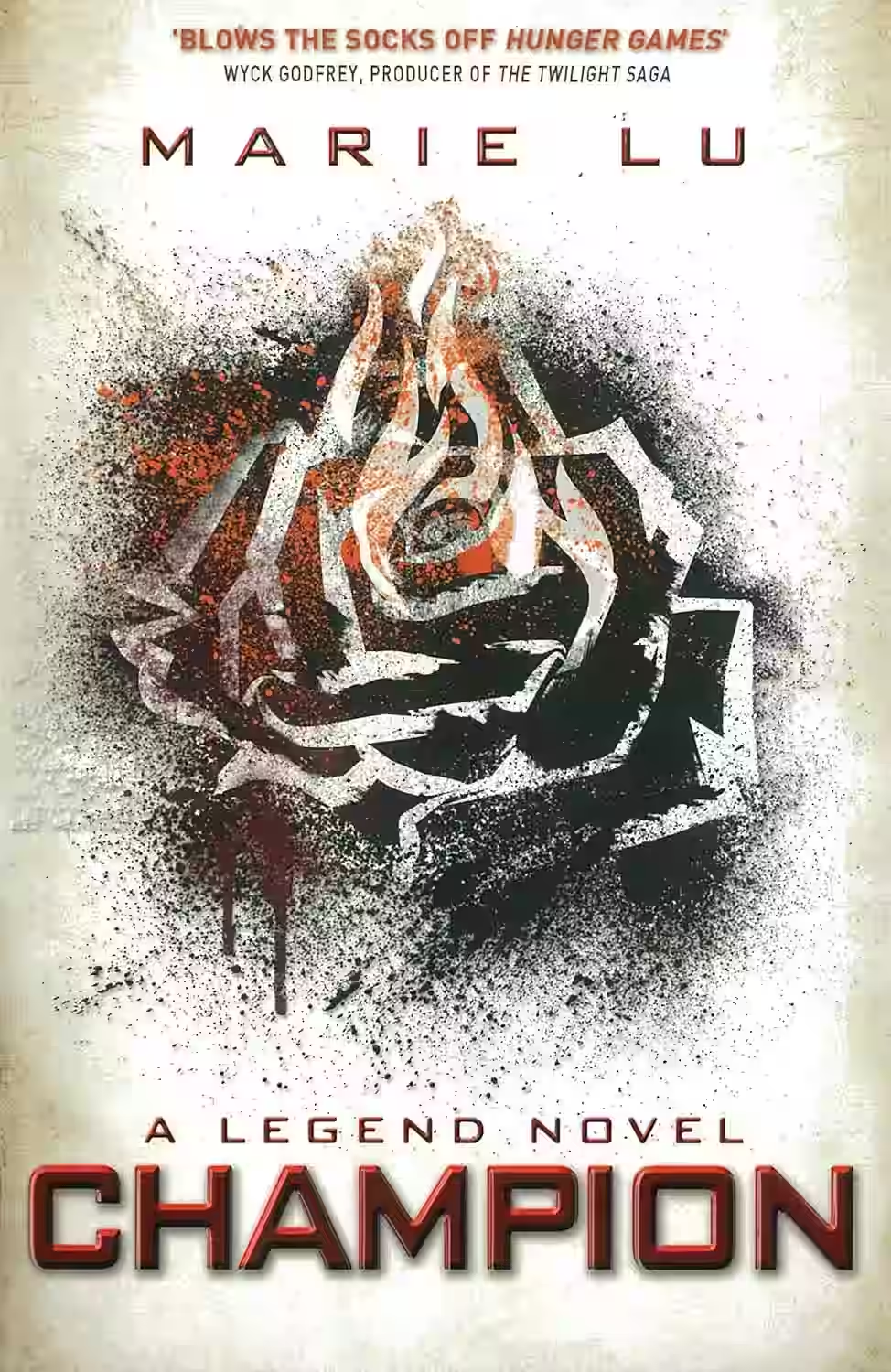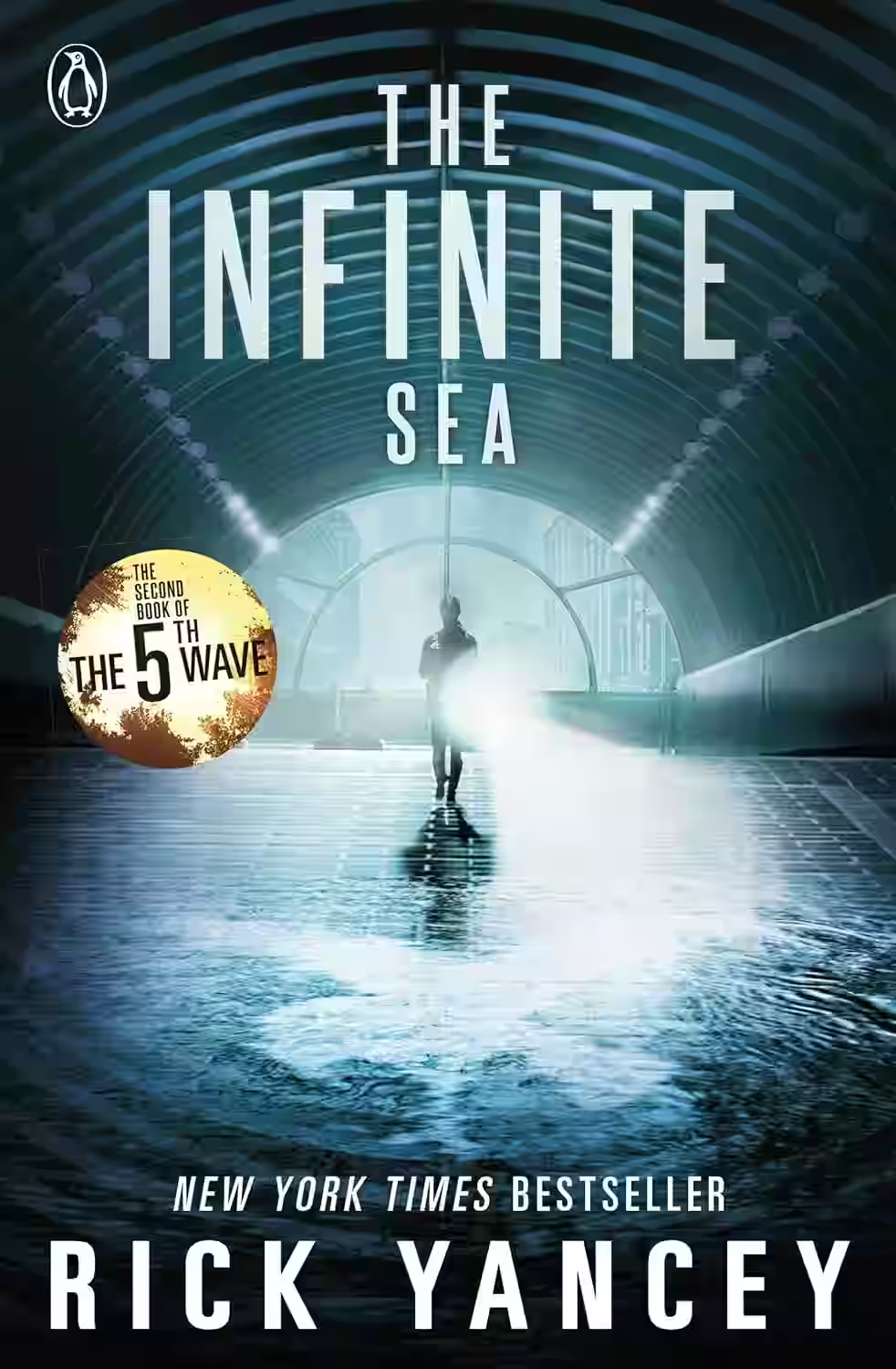
Lord of the Flies by William Golding is a haunting allegorical novel about a group of British schoolboys stranded on a deserted island after a plane crash. Without adult supervision, their attempt to establish order quickly descends into savagery, revealing the thin veneer of civilization. The story follows Ralph, who tries to maintain order, and Jack, who embraces chaos and violence. As fear, power struggles, and primal instincts take over, the boys’ society collapses. Golding explores themes of human nature, morality, and the inherent darkness within mankind. First published in 1954, it remains a powerful critique of civilization and human behavior.
About William Golding
William Golding (1911-1993) was a British novelist and playwright, best known for his seminal work 'Lord of the Flies' (1954), a dystopian novel exploring the inherent darkness of human nature. Golding, with his vivid imagination and insightful storytelling, delved into themes of morality, power, and civilization in the face of chaos. Awarded the Nobel Prize in Literature in 1983, his impact on literature is profound, influencing generations of writers and readers alike with his stark, thought-provoking narratives. Golding's work continues to be celebrated for its timeless relevance and profound exploration of the human condition.
Similar Books

The Count of Monte Cristo
The epic tale of wrongful imprisonment, adventure and revenge, in its definitive translation Thrown in prison for a crime he has not committed, Edmond Dantès is confined to the grim fortress of If. There he learns of a great hoard of treasure hidden on the Isle of Monte Cristo and he becomes determined not only to escape, but also to use the treasure to plot the destruction of the three men responsible for his incarceration. Dumas’ epic tale of suffering and retribution, inspired by a real-life case of wrongful imprisonment, was a huge popular success when it was first serialized in the 1840s.

Champion
by Marie Lu
Series: Legend (#3)
In 'Champion' by Marie Lu, the electrifying conclusion to the 'Legend' series, readers are plunged back into the dystopian world of June and Day, two star-crossed lovers caught in the midst of political turmoil and social unrest. As tensions rise and battles escalate, the lines between friend and foe blur, forcing the protagonists to make heart-wrenching decisions that will determine the fate of their society. With themes of sacrifice, loyalty, and the enduring power of love, 'Champion' delivers a gripping tale of rebellion and redemption that will keep readers on the edge of their seats until the very last page.

Uglies
Series: Uglies (#1)
In Scott Westerfeld's dystopian novel 'Uglies', readers are transported to a future world where physical beauty is mandated by society. At the age of sixteen, citizens undergo compulsory cosmetic surgery to transform from 'Uglies' to 'Pretties'. The story follows Tally Youngblood, who is on the brink of her transformation, but her world is turned upside down when she meets a rebellious friend, Shay, who questions the societal norms. Themes of identity, conformity, and the nature of beauty are skillfully explored as Tally embarks on a journey that challenges her understanding of reality. Westerfeld's book offers sharp social commentary, action-packed sequences, and believable character development, making it an engaging read that probes thought-provoking issues pertinent to both adolescents and adults. 'Uglies' evokes reflection on the pressure for aesthetic perfection and the loss of individuality, resonating deeply with its readers and sparking conversations about modern beauty standards.

The Infinite Sea
by Rick Yancey
Series: The 5th Wave (#2)
Rick Yancey's 'The Infinite Sea' continues the fast-paced, thrilling journey begun in 'The 5th Wave.' As the second installment in the series, it delves deeper into the psychological and physical battles faced by the human survivors of an alien invasion. The story centers around Cassie Sullivan and her group of young warriors as they grapple with trust, betrayal, and survival in a world where every move could be their last. Yancey seamlessly blends intense action with poignant moments of humanity, exploring themes of resilience, sacrifice, and the depths of human emotion. His vivid writing keeps readers on the edge of their seats, delivering both suspense and thought-provoking questions about what it truly means to be human. A gripping continuation that sets the stage for an explosive conclusion.